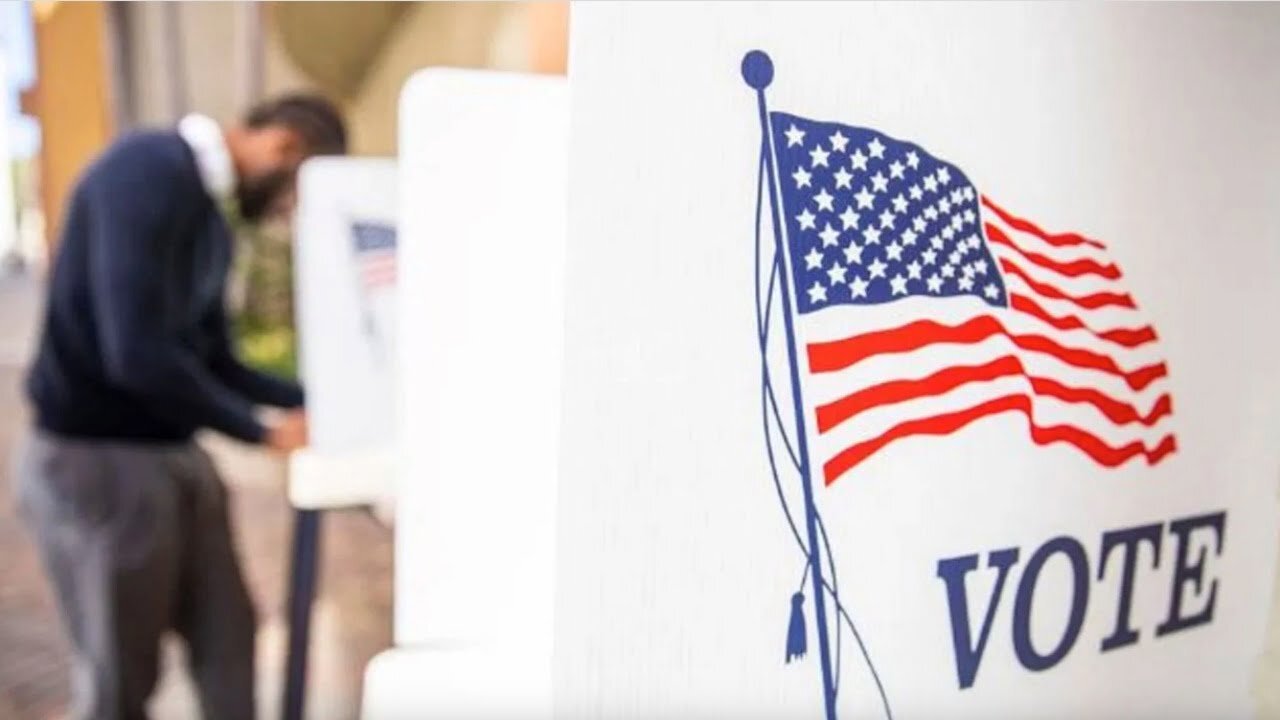READ FULL ARTICLE AT » KLEW
A release from WSU says researcher Michael Ritter analyzed election data from 2012 through 2020 when the pandemic encouraged many more people than usual to vote by mail. He found more accessible mail voting laws, such as universal mail-in voting and no-excuse mail voting, increased the probability individuals would vote.
Faster postal service helped increase the likelihood of voting, especially in restrictive states, raising the probability individuals would vote by 3.42%.
Mail delivery speed can determine whether a ballot arrives in time to be counted, Ritter said. Other research has indicated that a “non-trivial” number of mail ballots were not counted during the 2020 election because they were not delivered on time.

